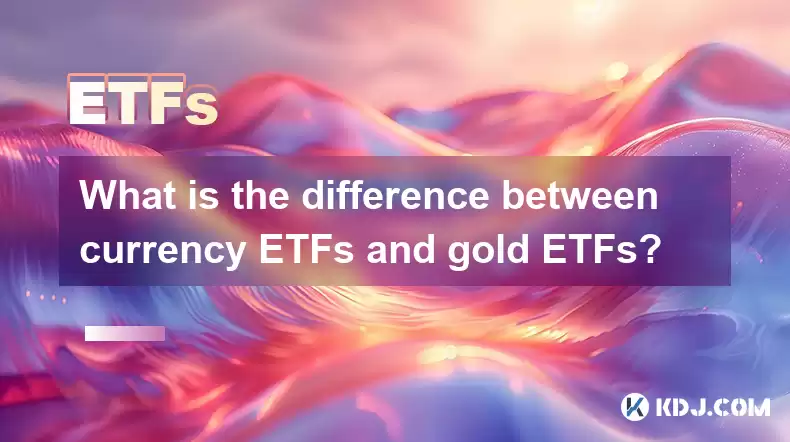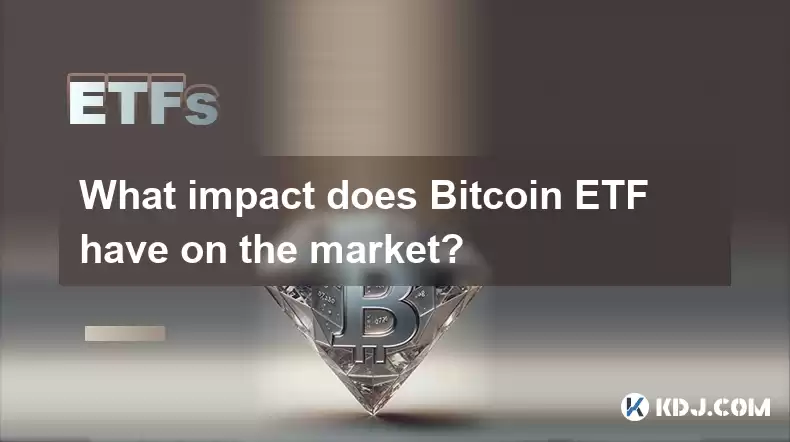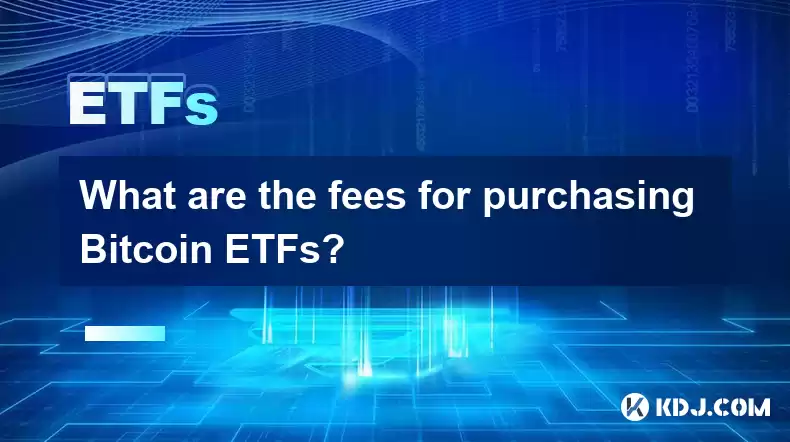-
 Bitcoin
Bitcoin $115200
0.71% -
 Ethereum
Ethereum $3716
6.25% -
 XRP
XRP $3.076
5.28% -
 Tether USDt
Tether USDt $0.0000
0.00% -
 BNB
BNB $766.7
1.87% -
 Solana
Solana $168.5
4.16% -
 USDC
USDC $0.9999
0.00% -
 TRON
TRON $0.3326
1.79% -
 Dogecoin
Dogecoin $0.2093
5.14% -
 Cardano
Cardano $0.7543
4.02% -
 Stellar
Stellar $0.4147
4.43% -
 Hyperliquid
Hyperliquid $38.59
0.71% -
 Sui
Sui $3.594
4.51% -
 Chainlink
Chainlink $17.13
5.12% -
 Bitcoin Cash
Bitcoin Cash $558.9
2.49% -
 Hedera
Hedera $0.2519
1.51% -
 Avalanche
Avalanche $22.91
7.05% -
 Ethena USDe
Ethena USDe $1.001
0.00% -
 Litecoin
Litecoin $120.3
10.01% -
 Toncoin
Toncoin $3.419
-4.46% -
 UNUS SED LEO
UNUS SED LEO $8.921
-0.34% -
 Shiba Inu
Shiba Inu $0.00001249
2.39% -
 Uniswap
Uniswap $9.944
8.41% -
 Polkadot
Polkadot $3.728
3.18% -
 Monero
Monero $308.0
1.78% -
 Dai
Dai $0.9998
-0.02% -
 Bitget Token
Bitget Token $4.389
1.58% -
 Pepe
Pepe $0.00001075
2.71% -
 Cronos
Cronos $0.1397
6.39% -
 Aave
Aave $269.7
3.95%
What is the difference between currency ETFs and gold ETFs?
While gold ETFs provide indirect exposure to the precious metal, currency ETFs offer direct tracking of specific currencies with varying liquidity and volatility considerations.
Jan 05, 2025 at 09:54 am

Key Points:
- Definition and purpose of currency ETFs and gold ETFs
- Underlying assets and investment strategies employed
- Liquidity and accessibility of each type of ETF
- Returns and volatility considerations
- Tax implications and regulatory differences
Differences Between Currency ETFs and Gold ETFs
1. Underlying Assets and Investment Strategies
- Currency ETFs: Track the value of a specific currency against another currency or a basket of currencies. They invest primarily in futures contracts and other derivative instruments that provide exposure to the underlying currency.
- Gold ETFs: Physically hold gold bullion or use futures contracts to track the spot price of gold. They provide exposure to the price fluctuations of the precious metal.
2. Liquidity and Accessibility
- Currency ETFs: Generally have higher liquidity due to the large trading volume in currency markets. They can be bought and sold on stock exchanges during trading hours.
- Gold ETFs: While less liquid than currency ETFs, they offer greater accessibility than physical gold investments. Investors can purchase and redeem shares of gold ETFs conveniently from financial institutions.
3. Returns and Volatility
- Currency ETFs: Returns are influenced by changes in the relative values of the underlying currencies. They can provide potential diversification benefits but also involve currency risk and volatility.
- Gold ETFs: Typically provide a hedge against inflation and geopolitical uncertainty. They offer less volatility than physical gold investments but still subject to market risks.
4. Tax Implications
- Currency ETFs: Generally treated as foreign investments for tax purposes, leading to potential capital gains or losses.
- Gold ETFs: May be classified as collectible assets in some jurisdictions, resulting in different tax rates on gains or losses.
5. Regulatory Differences
- Currency ETFs: Subject to the regulations governing underlying currency futures markets, which vary by jurisdiction.
- Gold ETFs: Regulated as investment vehicles and subject to disclosure and reporting requirements specific to each jurisdiction.
FAQs
1. Are Currency ETFs Right for Me?
- Consider if you have a strong understanding of currency markets and risk tolerance.
- Seek professional advice to determine if currency ETFs align with your investment goals and strategy.
2. How Do Gold ETFs Track the Spot Price of Gold?
- Gold ETFs typically use futures contracts, which are standardized agreements to buy or sell gold at a future date.
- The price of these futures contracts tracks closely with the spot price of gold, providing indirect exposure to the precious metal.
3. Can I Buy Physical Gold with Currency ETFs?
- No, currency ETFs do not directly offer physical gold ownership.
- Redeeming shares of a gold ETF may result in receiving cash or bullion, depending on the specific ETF's policies.
4. What are the Risks of Investing in Currency ETFs?
- Currency risk: The value of the underlying currency can fluctuate, leading to potential losses.
- Interest rate risk: Changes in interest rates can affect the value of currency futures contracts.
- Liquidity risk: Currency ETFs may experience reduced liquidity during market downturns or periods of high volatility.
5. What are the Advantages of Gold ETFs over Physical Gold?
- Convenience: Gold ETFs allow for easy purchase and redemption through financial institutions.
- Liquidity: They offer greater liquidity and flexibility compared to physical gold investments.
- Reduced storage costs: Investors avoid the costs associated with securing and storing physical gold.
Disclaimer:info@kdj.com
The information provided is not trading advice. kdj.com does not assume any responsibility for any investments made based on the information provided in this article. Cryptocurrencies are highly volatile and it is highly recommended that you invest with caution after thorough research!
If you believe that the content used on this website infringes your copyright, please contact us immediately (info@kdj.com) and we will delete it promptly.
- Cryptocurrency, Altcoins, and Profit Potential: Navigating the Wild West
- 2025-08-04 14:50:11
- Blue Gold & Crypto: Investing Disruption in Precious Metals
- 2025-08-04 14:30:11
- Japan, Metaplanet, and Bitcoin Acquisition: A New Era of Corporate Treasury?
- 2025-08-04 14:30:11
- Coinbase's Buy Rating & Bitcoin's Bold Future: A Canaccord Genuity Perspective
- 2025-08-04 14:50:11
- Coinbase's Buy Rating Maintained by Rosenblatt Securities: A Deep Dive
- 2025-08-04 14:55:11
- Cryptos, Strategic Choices, High Returns: Navigating the Meme Coin Mania
- 2025-08-04 14:55:11
Related knowledge

What role does SEC play in Bitcoin ETF approval?
Feb 25,2025 at 06:48am
Key Points:SEC's Role in Bitcoin ETF Approval ProcessHistorical Efforts to Establish a Bitcoin ETFSEC's Criteria for Bitcoin ETF ApprovalPotential Imp...

Who is eligible to issue Bitcoin ETFs?
Feb 25,2025 at 11:13am
Key Points:Only regulated financial institutions with the necessary expertise and infrastructure are eligible to issue Bitcoin ETFs.The Securities and...

What impact does Bitcoin ETF have on the market?
Feb 25,2025 at 11:37am
Key Points:Introduction to Bitcoin ETFs and their role in the cryptocurrency marketHistorical development and performance of Bitcoin ETFsPotential ben...

Which investors are Bitcoin ETFs suitable for?
Feb 27,2025 at 04:01pm
Key Points:Understanding Bitcoin ETFsBenefits of Bitcoin ETFsSuitability of Bitcoin ETFs for Different InvestorsAssessing Risk Tolerance and Investmen...

What is the administrative expenses of Bitcoin ETFs?
Feb 26,2025 at 12:24am
Key Points:Administrative expenses are a crucial factor to consider when evaluating Bitcoin ETFs.These expenses can significantly impact the performan...

What are the fees for purchasing Bitcoin ETFs?
Feb 27,2025 at 07:13pm
Key Points:Bitcoin exchange-traded funds (ETFs) are a cost-effective and regulated way to gain exposure to Bitcoin.Fees associated with Bitcoin ETF pu...

What role does SEC play in Bitcoin ETF approval?
Feb 25,2025 at 06:48am
Key Points:SEC's Role in Bitcoin ETF Approval ProcessHistorical Efforts to Establish a Bitcoin ETFSEC's Criteria for Bitcoin ETF ApprovalPotential Imp...

Who is eligible to issue Bitcoin ETFs?
Feb 25,2025 at 11:13am
Key Points:Only regulated financial institutions with the necessary expertise and infrastructure are eligible to issue Bitcoin ETFs.The Securities and...

What impact does Bitcoin ETF have on the market?
Feb 25,2025 at 11:37am
Key Points:Introduction to Bitcoin ETFs and their role in the cryptocurrency marketHistorical development and performance of Bitcoin ETFsPotential ben...

Which investors are Bitcoin ETFs suitable for?
Feb 27,2025 at 04:01pm
Key Points:Understanding Bitcoin ETFsBenefits of Bitcoin ETFsSuitability of Bitcoin ETFs for Different InvestorsAssessing Risk Tolerance and Investmen...

What is the administrative expenses of Bitcoin ETFs?
Feb 26,2025 at 12:24am
Key Points:Administrative expenses are a crucial factor to consider when evaluating Bitcoin ETFs.These expenses can significantly impact the performan...

What are the fees for purchasing Bitcoin ETFs?
Feb 27,2025 at 07:13pm
Key Points:Bitcoin exchange-traded funds (ETFs) are a cost-effective and regulated way to gain exposure to Bitcoin.Fees associated with Bitcoin ETF pu...
See all articles

























































































